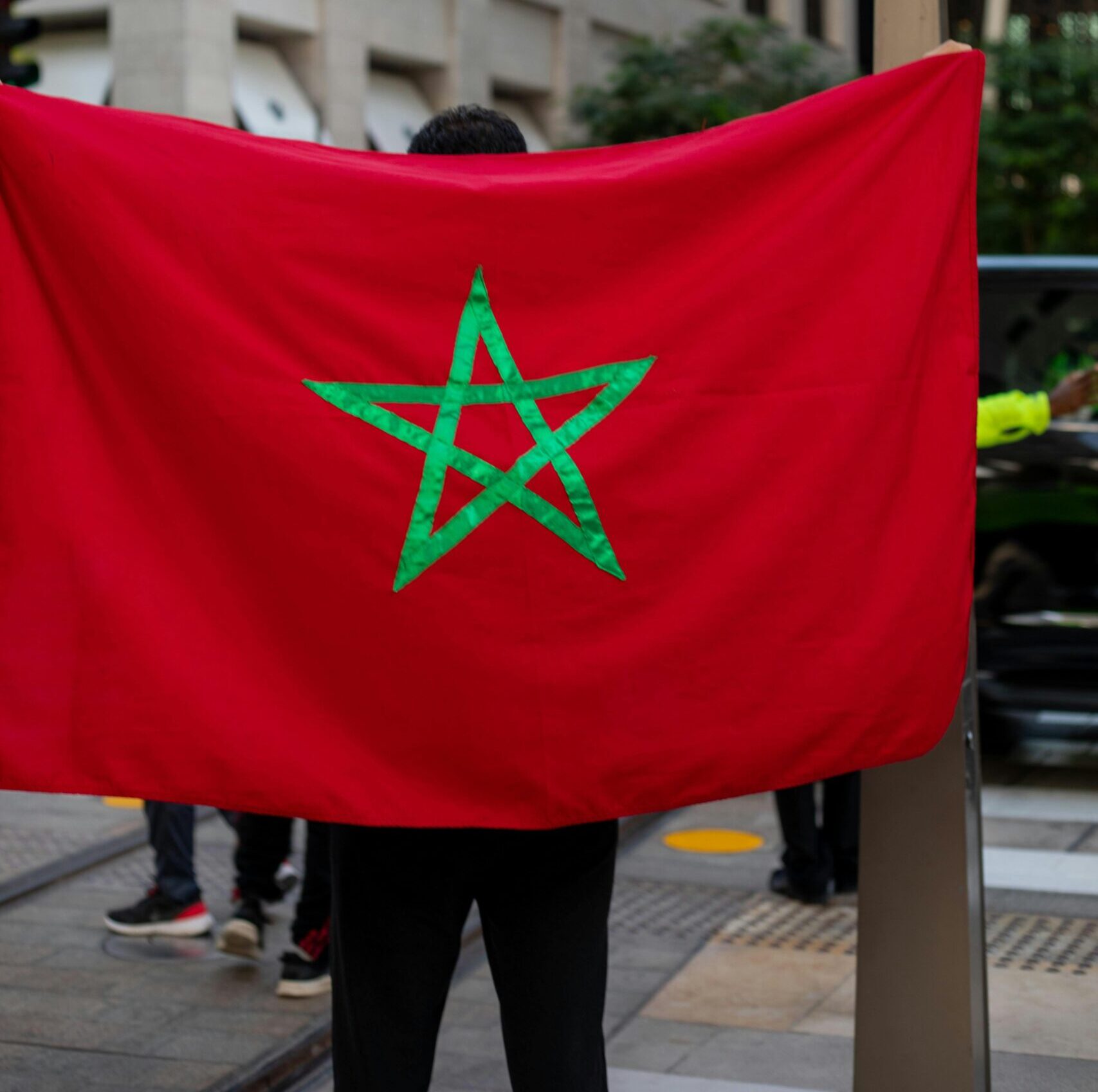The International Commission of Jurists (ICJ) condemns the Moroccan authorities’ ongoing crackdown on largely peaceful protests calling for reform of the public health and education systems, better employment opportunities, and an end to corruption. Since 27 September 2025, a wave of social justice protests has swept Morocco, initiated by youth groups “Moroccan Youth Voice” and “GenZ 212”.
The authorities have arrested and initiated the prosecution of hundreds of protesters. At least 193 individuals have been charged with different crimes in connection with the protests, and no fewer than 409 individuals have been placed in police custody. The ICJ calls on the authorities to immediately release all those against whom there is no evidence of involvement in criminal offences and drop any spurious charges against them.
While the protests have largely been peaceful, violent incidents took place in Inzegan, Sale, Oujda and other Moroccan cities, with video footage showing cars and banks being set alight and violent clashes between law enforcement agents and protesters. On 1 October 2025, law enforcement officials killed two individuals in Lqliâa, a city on the Moroccan Atlantic coast, in what the authorities described as “self-defence”, and on 30 September 2025, a protester in Oujda, a city in the northeast of the country, sustained serious injuries after being run over by a police car.
The “GenZ 212” group urged for protests to remain peaceful.
The ICJ calls on the Moroccan authorities to:
- investigate all credible reports of the use of excessive force, including lethal force, against protesters;
- immediately and unconditionally release all those detained solely for their legitimate exercise of the rights to freedom of expression and peaceful assembly; and
- refrain from using the criminal justice system to address legitimate political and social demands.
The ICJ also calls on the Moroccan authorities to lift arbitrary restrictions on public gatherings, and to comply with the country’s international human rights law obligations, including the duty to respect, protect and uphold the rights to liberty and freedom of expression and peaceful assembly.
Contact
Saïd Benarbia, Director, ICJ Middle East and North Africa Programme; t: +41 22 979 3800, e: said.benarbia@icj.org
Nour Al Hajj, Communications & Advocacy Officer, ICJ Middle East and North Africa Programme; e: nour.alhajj@icj.org





